|
Last week researchers started a new Ebola vaccine trial in Uganda. If successful, it will provide a second line of vaccine defense in efforts to bring the disease under control. The first line of defense has been an unlicensed vaccine being used in the Democratic Republic of the Congo under special permission from the World Health Organisation. Yap Boum explains the Uganda trial and why it’s so significant.
Our ancestors’ cognition capacity for symbolic expression and social dynamics developed significantly towards the end of the Middle and Later Stone Ages, which drew to a close in South Africa around 300 years ago. But not much is known about this epoch’s sound, noise and music. Sarah Wurz, Joshua Kumbani, Justin Bradfield and Neil Rusch describe how their experiments in a recording studio have helped fill in some gaps.
|
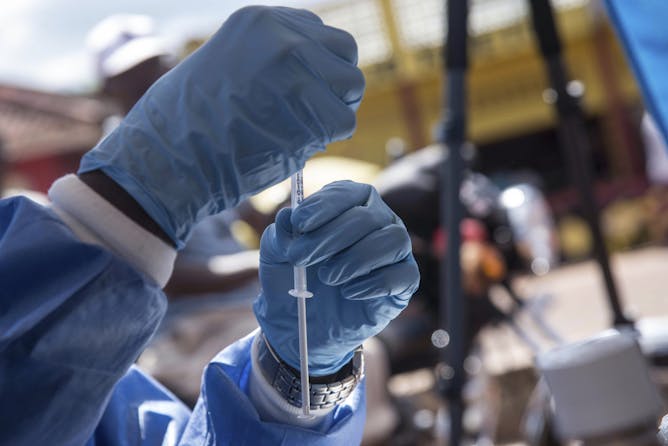
A health worker prepares to administer Ebola vaccination in the north-western Democratic Republic of the Congo.
EPA-EFE/STR
Yap Boum, Mbarara University of Science and Technology
Uganda is the testing ground for a new vaccine that could work on more strains of the Ebola virus and other haemorrhagic fevers.
|
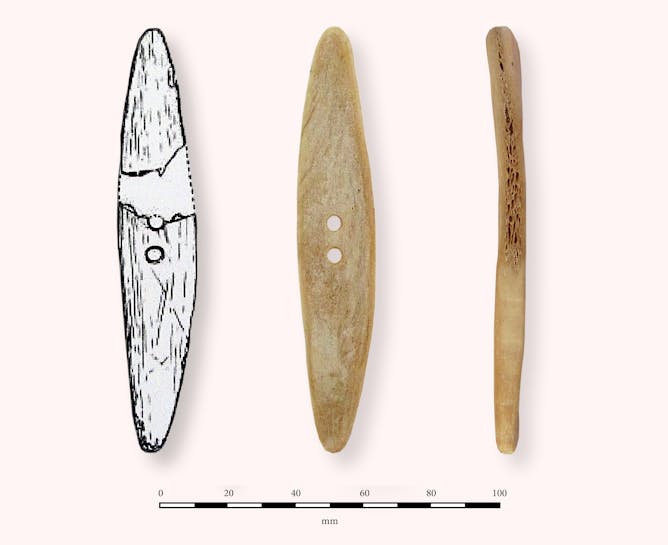
One of the Klasies River spinning discs and the replica built for the recording studio.
Kumbani et al (2019), Journal of Archaeological Science: Reports
Sarah Wurz, University of the Witwatersrand; Joshua Kumbani, University of the Witwatersrand; Justin Bradfield, University of Johannesburg; Neil Rusch, University of the Witwatersrand
Working with bone artefacts from archaeological sites in South Africa's southern Cape region, we've been able to show that some implements might have been used for sound production in the past.
|
Politics + Society
|
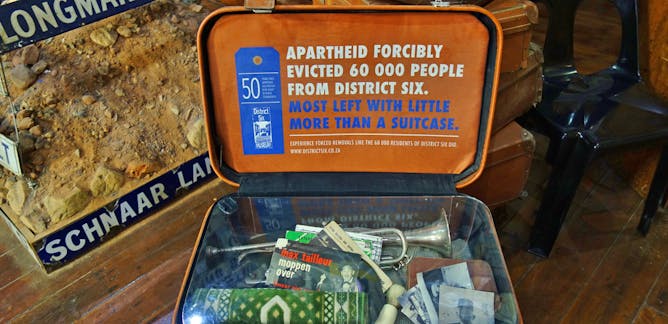
Don Pinnock, University of Cape Town
Given the framework within which removals under the Group Areas Act took place in Cape Town, a social disaster was inevitable.
| |
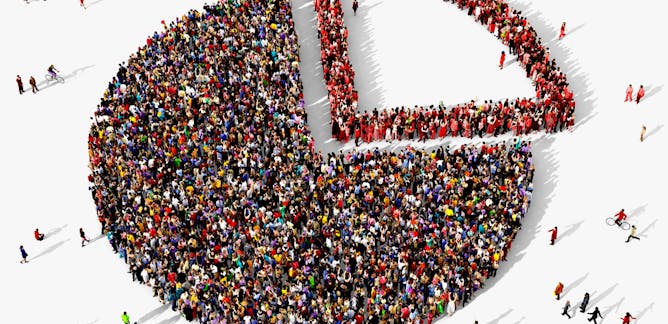
Nicole De Wet- Billings, University of the Witwatersrand
South Africa’s data collection is constantly improving. That's especially true when it comes to metrics that weren't collected or were distorted for political purposes during apartheid.
|
|
|
Podcasts
|

Ozayr Patel, The Conversation
Quantum machine learning is an exciting, rapidly growing field.
| |
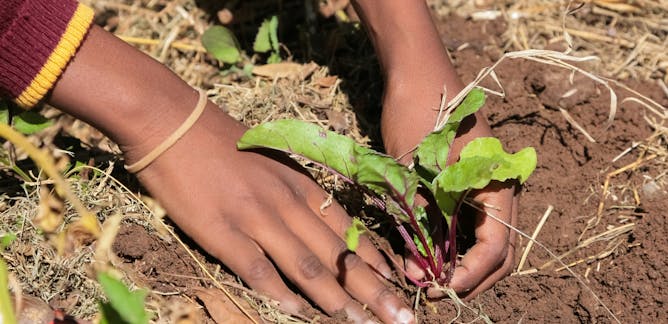
Ozayr Patel, The Conversation
There’s a perception among young South Africans that farm jobs are back-breaking and financially unappealing.
|
|
|
From our international editions
|
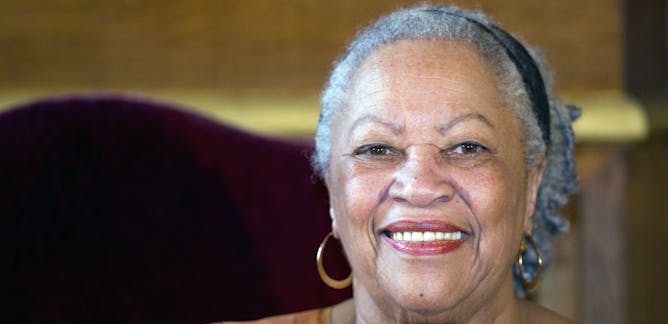
Paul Giles, University of Sydney
In her creative and critical work, Toni Morrison sought to remap the contours of American literature and culture.
| |
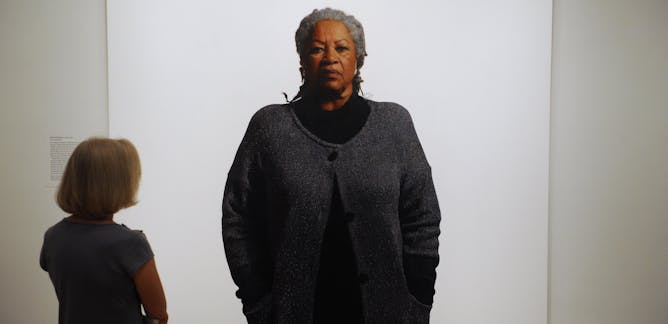
Tessa Roynon, University of Oxford
With her writing, and her work as a publisher, Morrison brought the African-American experience to the fore in the US and around the world.
|
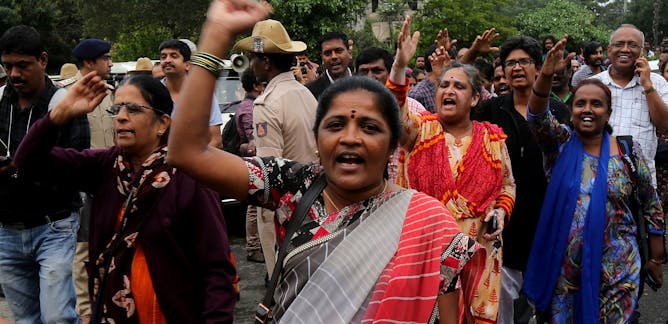
Kamran Khalid, University of Sydney
The Indian state of Jammu and Kashmir is situated mostly in the Himalayas. For decades, it had its own constitution, flag and the ability to make its own laws.
| |
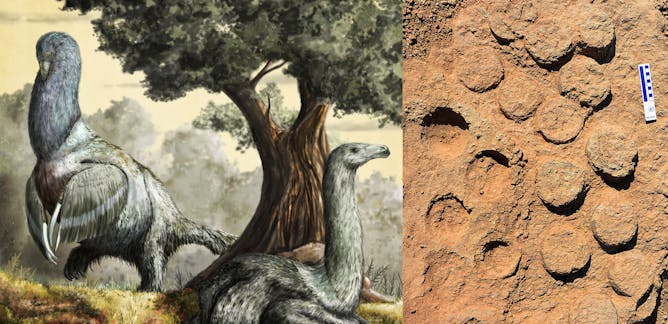
Jason Gilchrist, Edinburgh Napier University
New research suggests some dinosaurs buried and protected eggs in groups.
|
|
|
En français
|
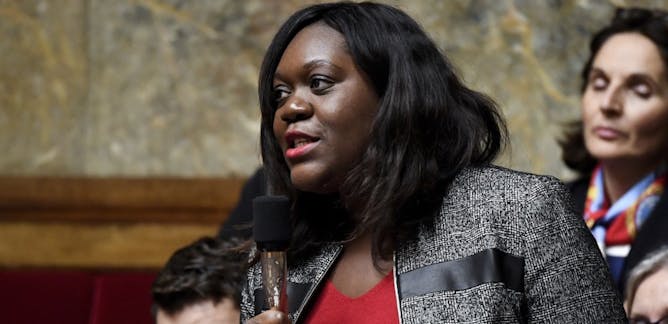
Annette Joseph-Gabriel, University of Michigan
Des femmes noires ayant combattu les nazis pendant la Seconde Guerre mondiale aux femmes aujourd'hui impliquées en politique, le premier combat est celui de la légitimité.
| |
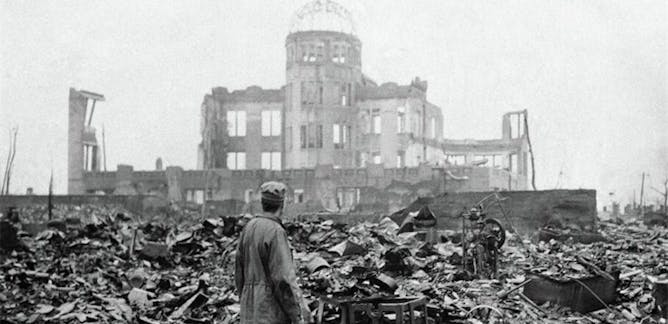
Benoît Pelopidas, Sciences Po – USPC; Fabrício M. Fialho, Sciences Po – USPC
La première enquête sur les connaissances et attitudes des Européens eu égard aux questions nucléaires révèle des biais surprenants en France, porteurs d'importantes implications pour la démocratie.
|
|
|